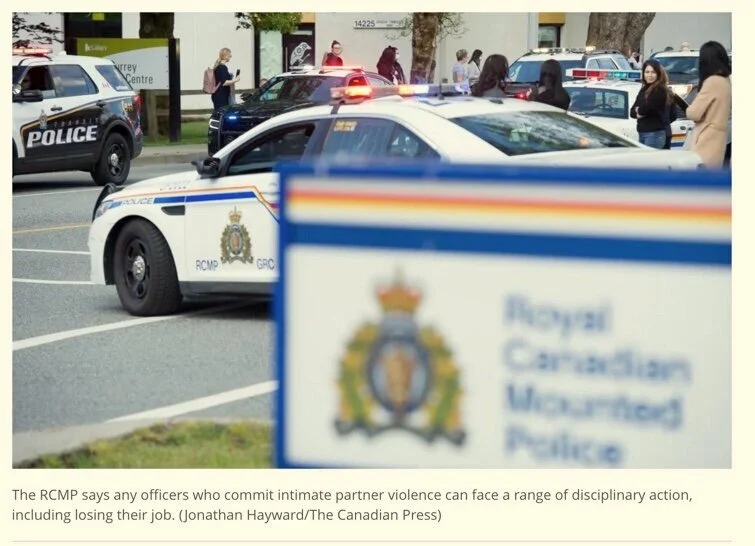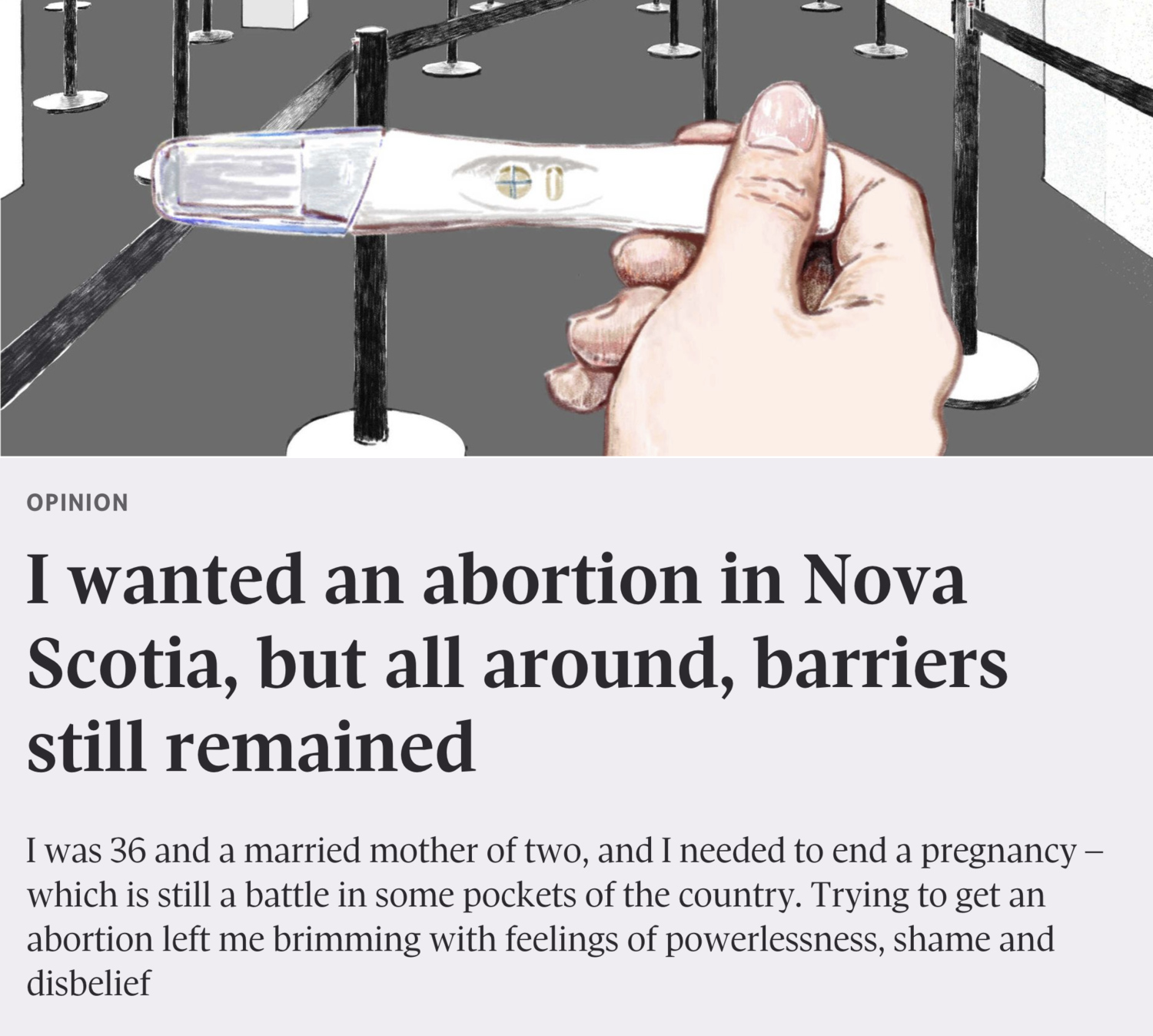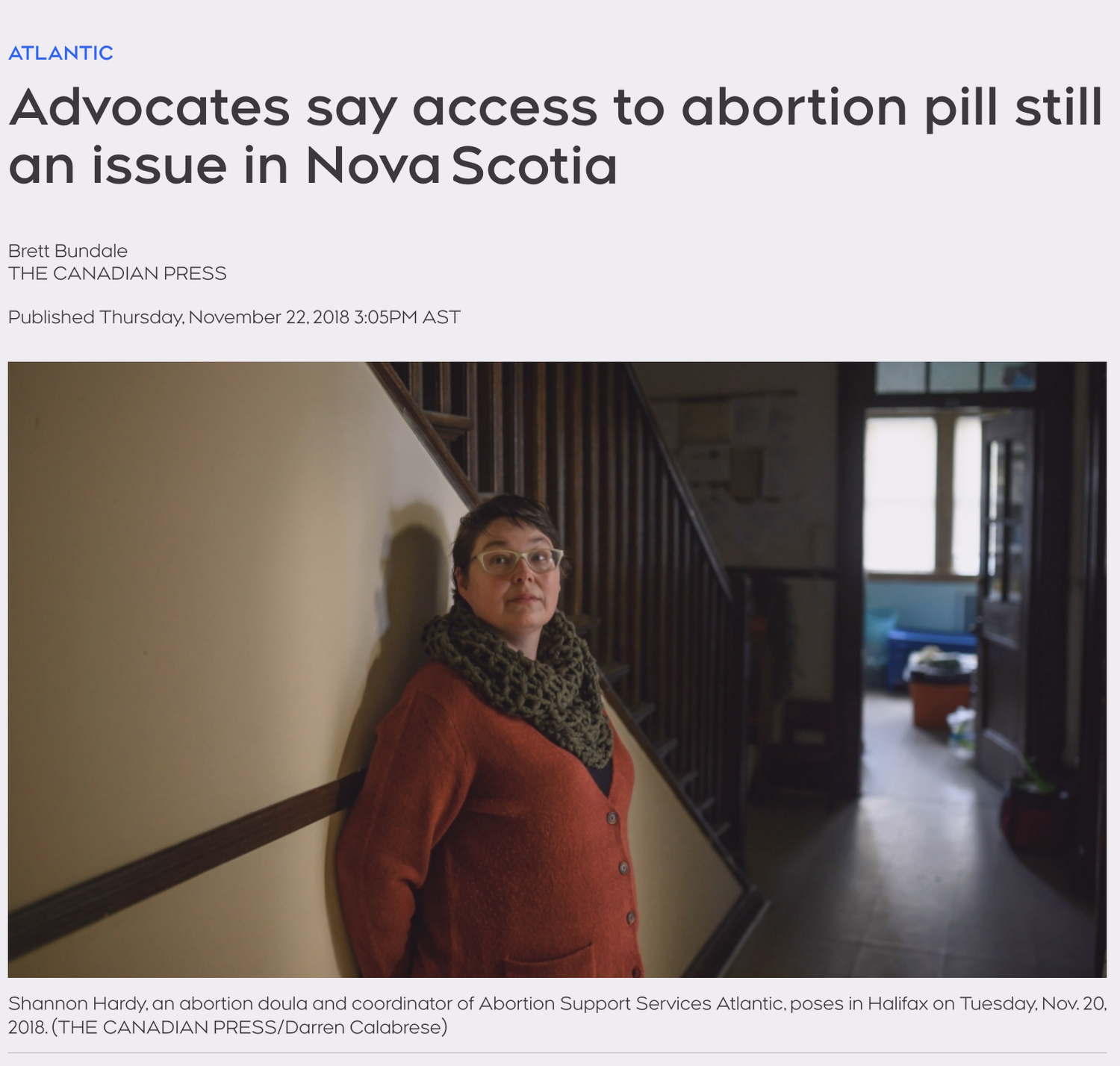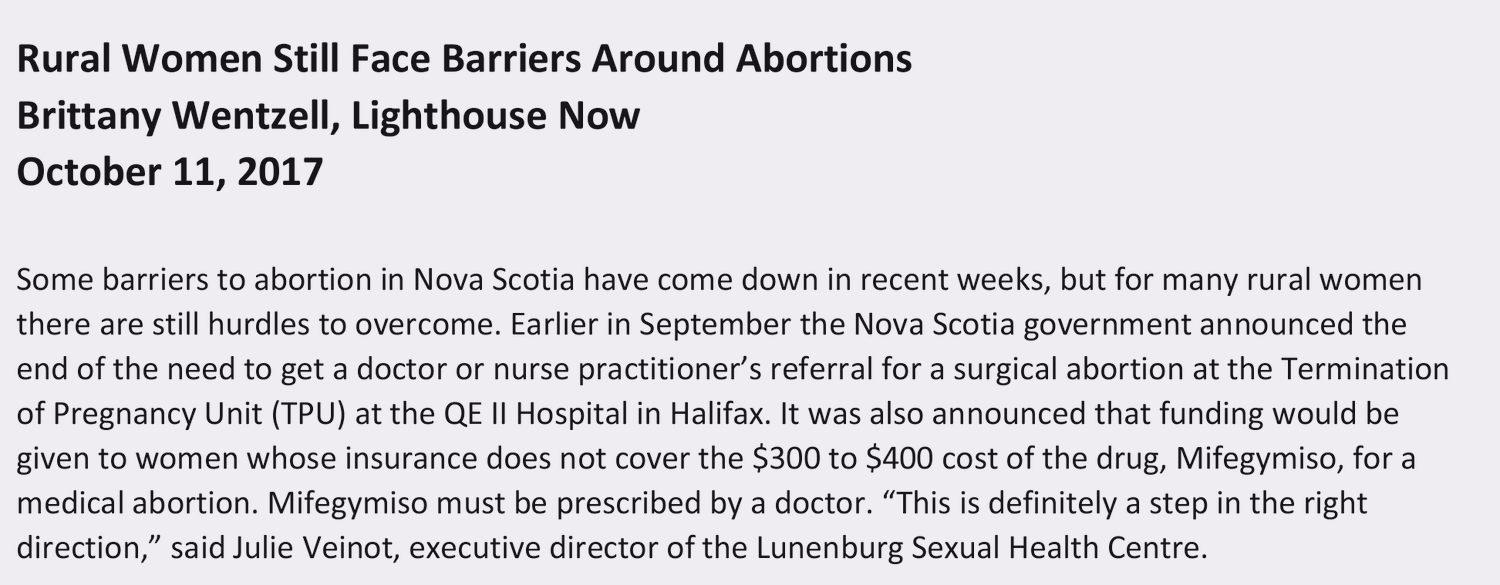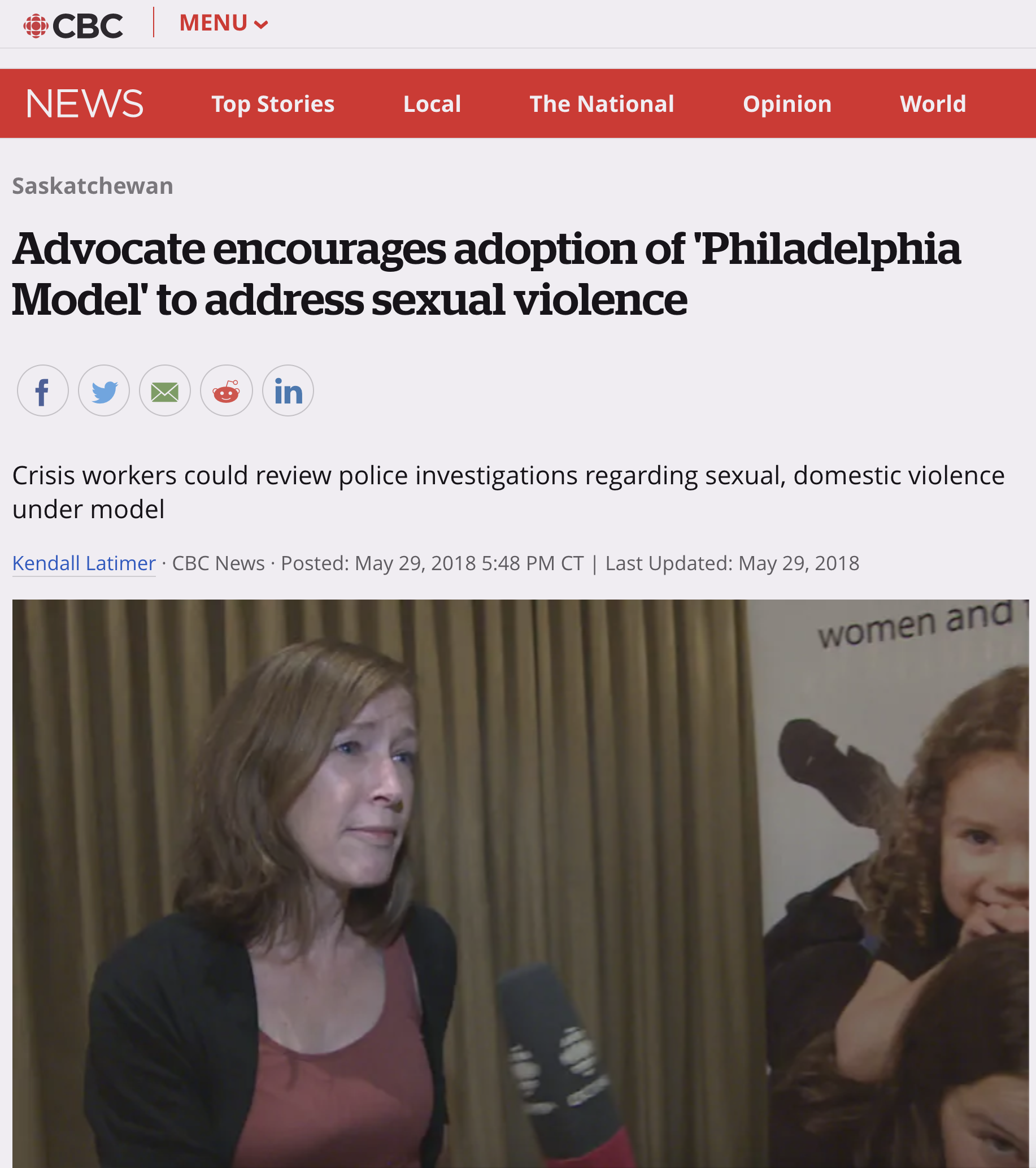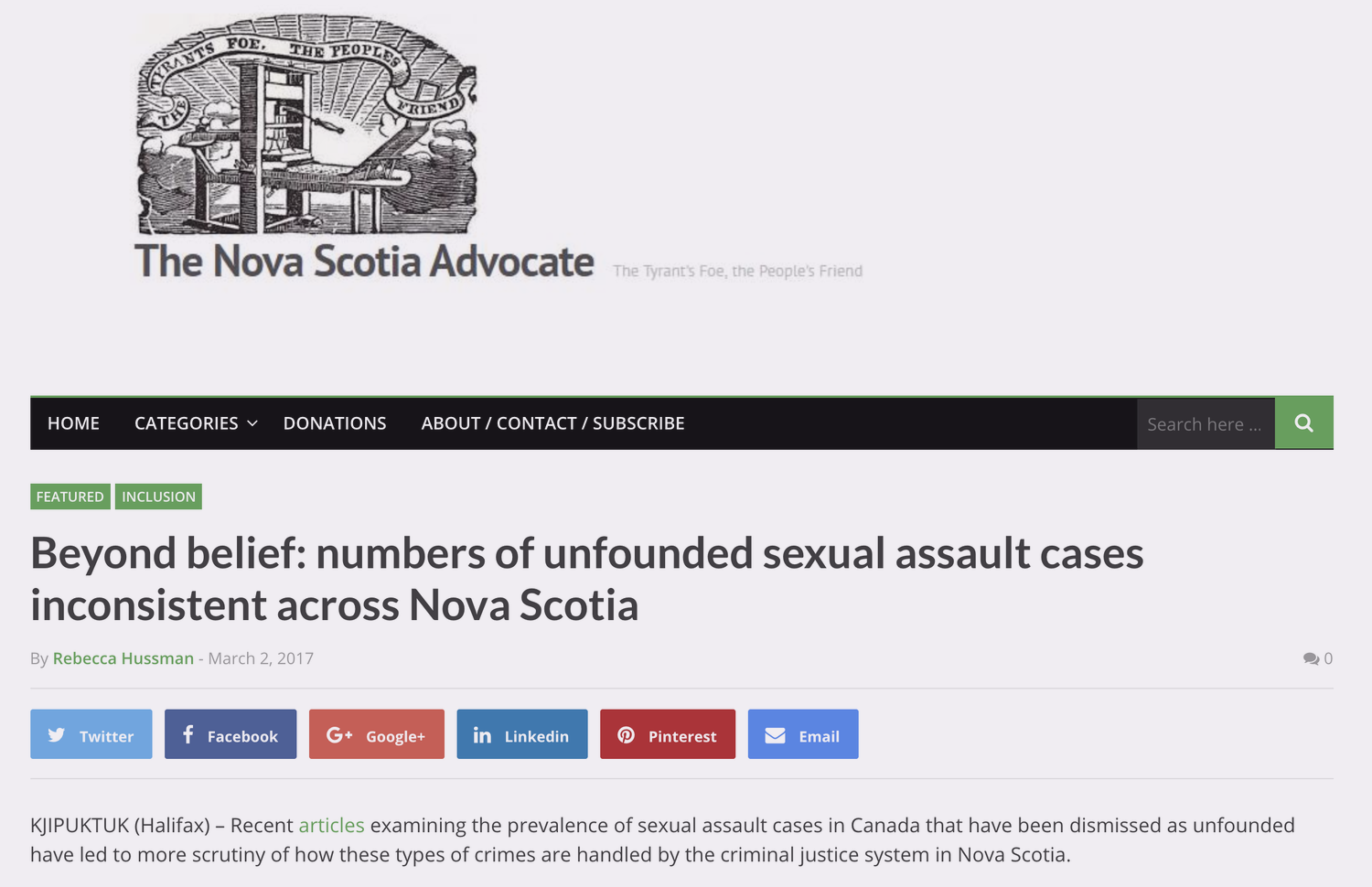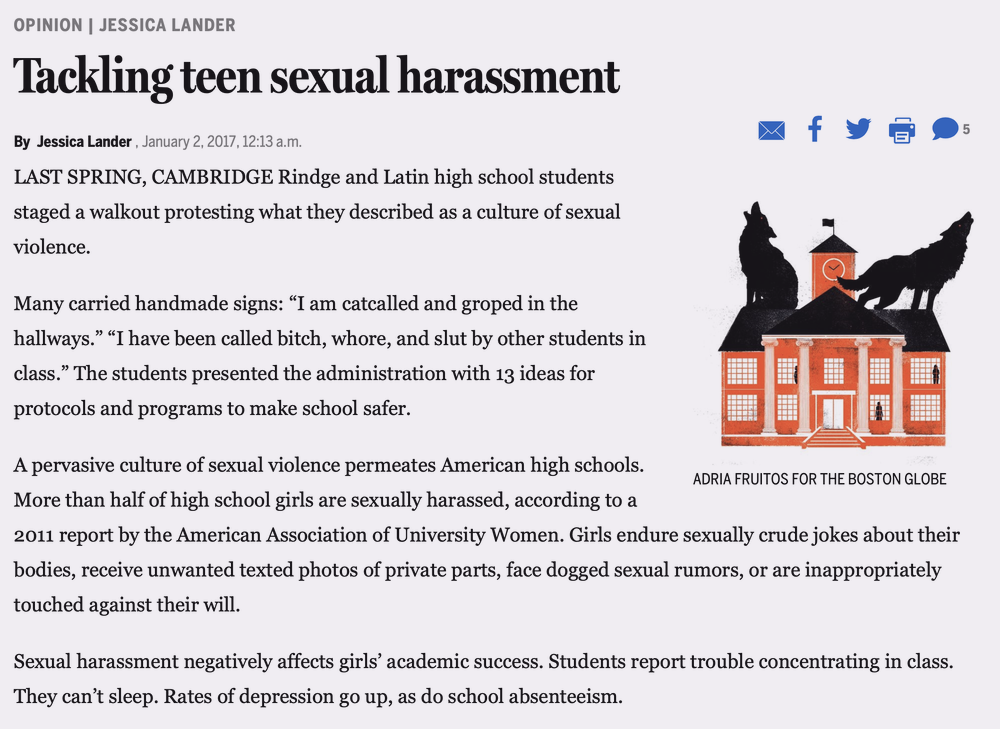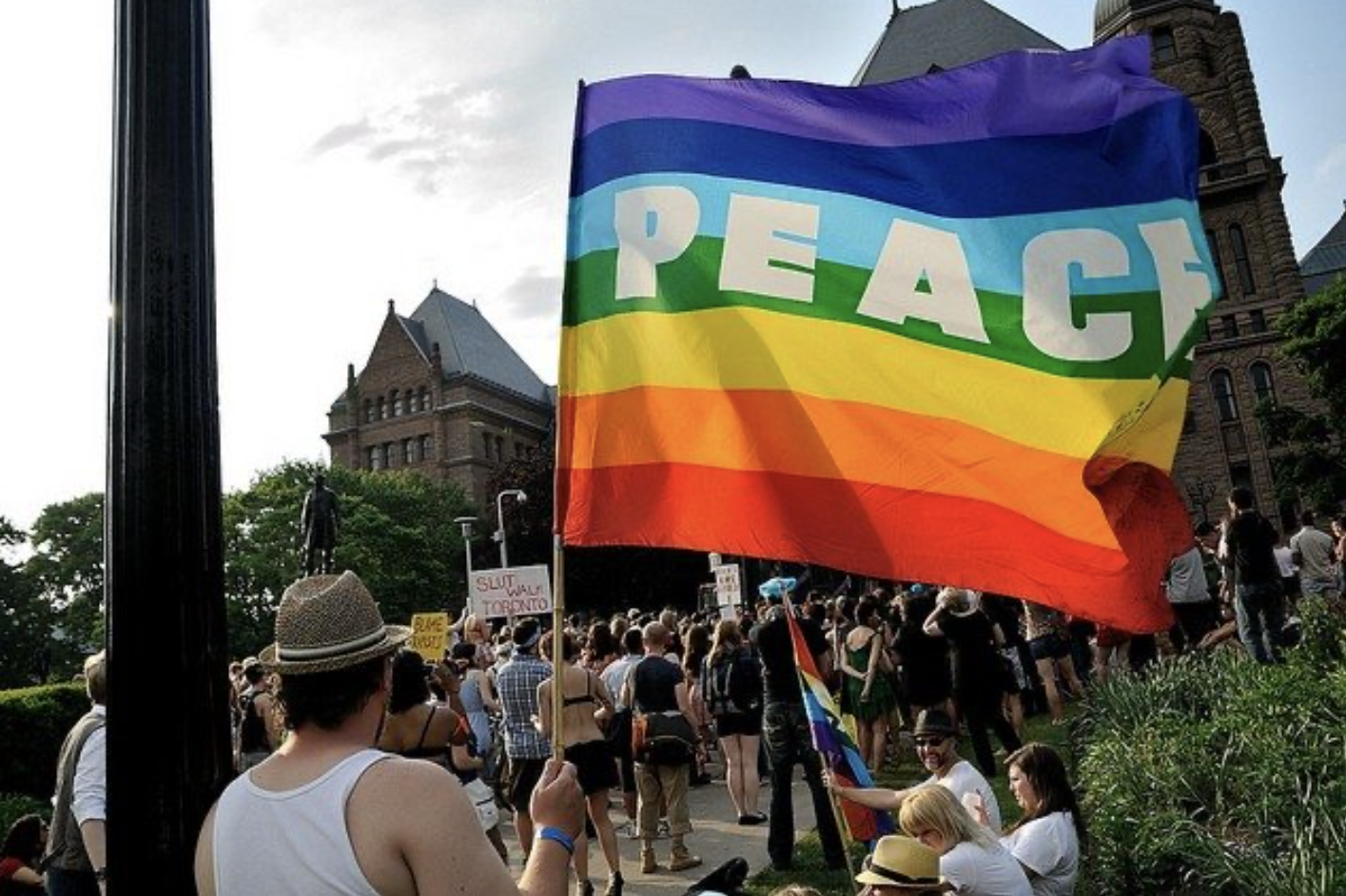IN THE MEDIA
- Advocacy 18
- Allies 2
- Anti Racism 1
- Books 1
- Children 2
- Escaping abuse 2
- Gender-Based Violence 20
- Government 11
- Indigenous 1
- Inspiration 1
- Intimate Partner Violence 11
- Justice 1
- LGBTQ 2
- Legal Reform 9
- Men 2
- News 3
- Our History 1
- Projects 1
- Racism 1
- Sexual Assault 2
- Statistics 1
- Teens 1
- mass shootings 8
Sue Bookchin for The Philanthropist on her experience as a participant in the Mass Casualty Commission public inquiry and possibilities for needed cross-sectoral infrastructure for innovative action with political will and dedicated investment.
Sue Bookchin, co-authored this article with Diane Crocker, Deborah Norris and Meghan Gosse on the Voice of (In)Justice project on survivor concepts of justice.
Advocates for victims of gender-based violence who participated in public hearings, including Dawn Ferris, ED of the Cumberland County Transitional Housing Association and Sue Bookchin, ED of Be the Peace Institute, share their thoughts on the final report's findings that violence should be recognized as a public health emergency.
Be the Peace Institute's Executive Director, Sue Bookchin and Chair, Dr. Nancy Ross spoke to the Globe & Mail about how gender-based violence permeates our workplaces and all aspects of life for survivours. But there are things we can do to spot the signs, offer support, reduce risk and plan for safety.
As the Mass Casualty Commission proceedings wound down this month, Be the Peace Institute’s Executive Director, Sue Bookchin found herself reflecting on healing - our collective trauma, our distrust in the in the forces we thought we could rely on to protect us.
The Mass Casualty Commission has hosted multiple panels and roundtables on the connections between GBV, misogyny and mass shootings, but who is listening? Our ED, Sue Bookchin who has been steadfast in her participation throughout the MCC calls for more attention by media, legal professionals and the public to the depth of local expertise available during the inquiry on these critical connections and needed reforms.
We need to rethink the way we are responding to gender-based violence. Be the Peace Institute’s Board Chair and faculty at Dalhousie School of Social Work, Dr. Nancy Ross, shares promising practices for healing and prevention for all of those affected by violence: victims, perpetrators, children and communities.
Stacey Godsoe, Project & Resource Coordinator at Be the Peace Institute, shared some clear and recurring patterns across the research on the connections between mass shootings and gender based violence. If we do not make these connections we fail to understand the root of the problem and cannot prevent future atrocities.
This community-led project is aimed at improving culturally responsive health and social services through research on issues related to COVID-19 and focused on the disease’s impact on access to services for African Nova Scotians who faced gender-based violence.
Partners include the Association of Black Social Workers, Be the Peace Institute, and Leave Out Violence, who conducted a series of “kitchen table discussions” with people from the African Nova Scotian community. They discovered that people were encountering racism and inequalities that negatively affected their access to care and service. While the research indicates that this issue didn’t start with COVID and will unfortunately not end with it, the pandemic has brought systemic inequities in our systems to light so we can better address them.
Our very own Sue Bookchin (in collaboration with Emma Halpern of the Elizabeth Fry Society) wrote this plea for a more compassionate and trauma informed consideration of the role that domestic violence played in Lisa Banfield's life and decision making during the days surrounding the mass shooting in Portapique, NS on April 18 & 19, 2020. While we need to shine a light on all that unfolded during the events in Portapique, critical context is needed including the role that IPV played in order to formulate recommendations that might prevent mass killings in the future.
“How Government Really Works: A Field Guide to Bureaucracies in Canada” offers a rare behind-the-scenes glimpse in how our governmental systems operate and gives a better understanding on how to navigate them. Meant for anyone working within or outside of government to better understand the relationships, processes and power dynamics at play.
Authors Jane Allt and Angela Poirier collectively have 60 years of experience to draw from in their careers as civil servants.
Renzetti speaks to this innate desire to look away from the root causes of gendered violence and how that is in fact killing women. While we mourn and reflect on the terrible and targeted massacre in Montréal 31 years ago, the sun is barely setting on the April mass murders in Portapique, N.S. that began with an act of domestic violence, carried out by a man who had committed previous acts of domestic violence, reportedly ignored by police.
We know there are direct links between misogyny and mass shootings. However, there is a way to prevent future such atrocities as Renzetti explains, if we resolve to tackle GBV as we have COVID in this country.
"In general, women are afraid of not being believed and not having their cases taken seriously and that's taken to a whole other level when the abuser is part of the system a victim is supposed to be reporting to," said Geiger-Bardswich.
Research done in the United States suggests that officers are actually more likely to abuse their domestic partners than the general public, said Nicholas Bala, a professor of family law at Queen's University in Kingston, Ont. He said there hasn't been enough research done in Canada to determine if that's the case here.
“If you add something as extraordinary as a global pandemic and then have the kind of economic insecurities that happen — another huge factor around amplifying domestic violence — it’s a perfect storm of being trapped with the abuser, not being able to use the normal mechanisms that women do to keep themselves and their children safe, economic insecurity and certainly the fact that the abuser is there 24/7,” Jenny Wright, a member of the expert advisory committee with the Canadian Femicide Observatory for Justice and Accountability, said in April.
(Huffington Post, February 2018) Highlights major safety gaps between the family and criminal court systems in cases on intimate partner violence.
February 2017, The Globe & Mail















